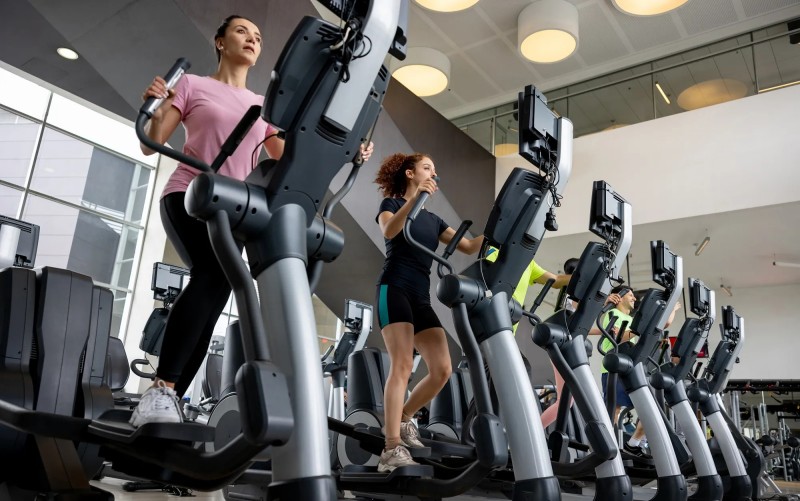Current location:Home > Tools & Resources > Tech & Apps > Text
Time:2025-07-11 Source:Mind Body FuelAuthor:Click:0
The advent of the digital era has shifted the landscape of healthcare, with the rise of symptom checker apps leading the charge. These innovative tools allow individuals to input their symptoms and receive potential diagnoses based on their input. However, with health being a critical and sensitive issue, the question of the reliability of these symptom checker apps naturally arises.
According to a 2024 study from the Journal of Digital Health Innovation, symptom checker apps have shown an accuracy rate of approximately 70-80%. The apps employ complex algorithms and vast databases of medical information to provide users with potential diagnoses. However, the accuracy of these platforms largely depends on the quality and quantity of the information provided by the user.
One of the key advantages of these apps is their accessibility. No longer do individuals need to wait for doctor’s appointments for preliminary diagnoses. With a symptom checker app, users can receive instant feedback wherever they are. This feature is particularly beneficial for individuals living in remote areas where medical facilities might be sparse.
While the convenience factor is undeniable, it’s crucial to remember that these apps should not replace professional medical advice. The University of Health Sciences’ 2025 report emphasizes this by stating that while symptom checker apps are a decent starting point, they should not be the final point of reference. Misinterpretation of symptoms or the lack of capability to capture nuances that a human doctor could, are some of the limitations these apps currently face.
So, how can you make the most out of these symptom checker apps? Here are a few tips. Firstly, always use them as a preliminary step. If the app suggests potential health issues that concern you, schedule an appointment with a healthcare professional. Secondly, ensure you input as much detail as possible about your symptoms. The more information the app has, the more accurate its potential diagnosis may be.
Lastly, choose reliable and reputable symptom checker apps. Look for apps that cite their sources of information, have a team of medical professionals involved in their development, and have positive user reviews. Some well-established apps in this category include WebMD, Mayo Clinic, and HealthTap.
In conclusion, symptom checker apps are a promising tool in the realm of digital healthcare. They offer convenience, accessibility, and a good starting point for understanding potential health issues. However, their reliability, while improving, still has limitations. Therefore, these apps should be used as a complement to, not a replacement for, professional medical advice. As technology continues to advance, we can expect to see improvements in the accuracy and reliability of these health-tech tools.

Unlocking Wellness Potential with Contact Tracing Apps

Enhancing Personal Safety and Wellness with Disaster Alert Apps

Reliability of Symptom Checker Apps: A Health-tech Revolution

Understanding the Costs of Home Gym Equipment Installation

Revolutionizing Health with Supplement Subscription Box Packaging

Exploring the Benefits and Effectiveness of Neurofeedback for ADHD Treatment

Gluten-free Flours Showdown: Bobs Red Mill vs King Arthur

Solar Oven Cooking: An Eco-friendly Approach to Wellness and Health

Exploring the Rise of Online Yoga: Growth, Benefits, and Future

Unveiling the Magic of Glutathione Supplements for Skin Whitening
 Unlocking Wellness Potential with Contact Tracing Apps
Unlocking Wellness Potential with Contact Tracing Apps
 Exploring the Benefits and Effectiveness of Neurofeedback for ADHD Treatment
Exploring the Benefits and Effectiveness of Neurofeedback for ADHD Treatment
 Gluten-free Flours Showdown: Bobs Red Mill vs King Arthur
Gluten-free Flours Showdown: Bobs Red Mill vs King Arthur
 Burn Treatment Guides: Essential Tips and Advice for Effective Healing
Burn Treatment Guides: Essential Tips and Advice for Effective Healing






Copyright @ 2025 Mind & Body Fuel Email:xya0876@gmail.com No:26148
Statement: The articles on this website are all from the Internet and do not represent any views. Before making any health decisions, you must consult your doctor.